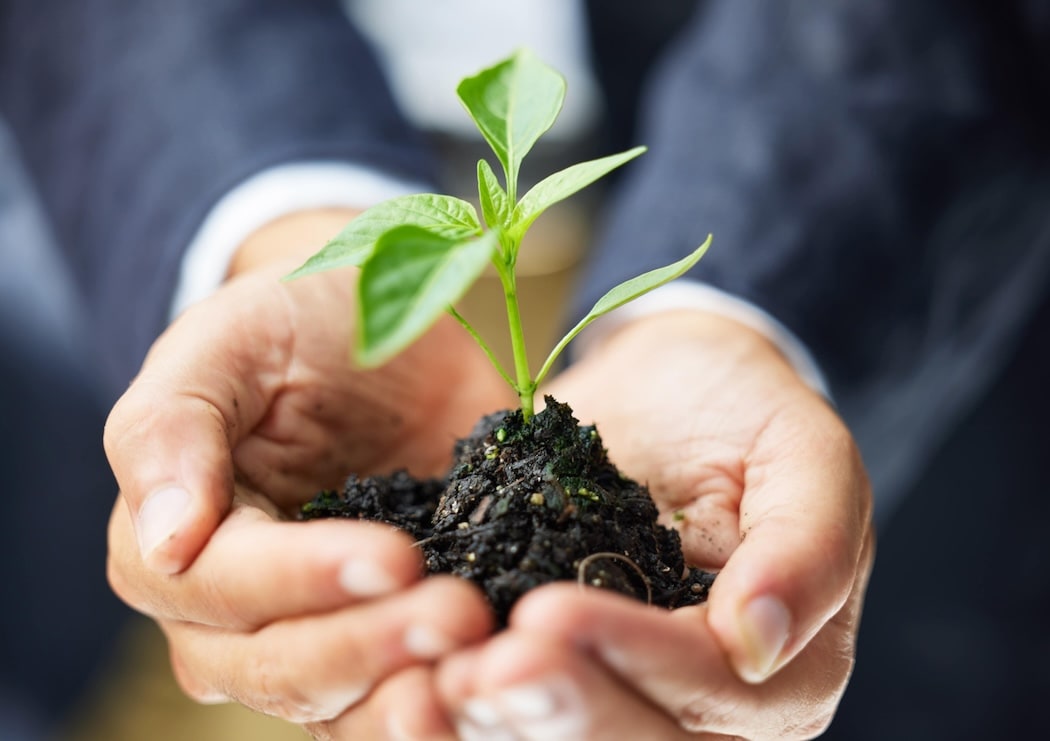Burnout isn’t just a buzzword—it’s a full-blown workplace crisis. In 2024, a report from McKinsey Health Institute found that almost 60% of employees globally report experiencing burnout symptoms. It’s draining productivity, driving up turnover, and quietly eroding morale.
But there’s a powerful and often underestimated antidote: recognition.
Timely, authentic, and consistent recognition has the potential to not only alleviate burnout but also to prevent it before it takes root. In this article, we’ll explore how recognition can combat burnout, why timing matters, and how tools like Karma make it simple to support employees exactly when they need it most.
The Burnout Epidemic: What’s Going On?
Burnout isn’t just feeling tired after a long week. According to the World Health Organization, it’s a syndrome resulting from chronic workplace stress that has not been successfully managed. It includes:
- Emotional exhaustion
- Detachment from work
- Reduced professional efficacy
And it’s everywhere.
In a 2023 Gallup survey, 76% of employees said they experienced burnout at least sometimes, while 28% said they feel burned out “very often” or “always.” Factors include:
- Lack of control or autonomy
- Unclear expectations
- Unmanageable workloads
- Poor communication
- Feeling unappreciated
That last one is key. According to Deloitte, lack of support and recognition is one of the top three drivers of burnout.
The Recognition–Burnout Connection
So how does recognition help?
Recognition directly addresses many root causes of burnout:
- It builds emotional resilience by reminding employees their efforts matter.
- It creates a sense of control by reinforcing autonomy and achievements.
- It improves clarity, especially when tied to company goals or values.
- It boosts connection, belonging, and psychological safety.
And the research backs it up. Employees who feel recognized are:
- 63% more likely to stay at their current job for the next three to six months (Workhuman, 2023)
- 4x more engaged at work (Gallup)
- 5x more likely to feel connected to company culture (Quantum Workplace)
In short: timely recognition isn’t just about morale. It’s about mental health.
Why Timing Is Everything
You’ve probably heard the phrase “better late than never,” but when it comes to recognition, late is often too late.
Recognition loses its power when it’s delayed:
- A thank-you given months after the action feels like an afterthought.
- Employees may have already internalized the idea that their work went unnoticed.
- The emotional impact—the dopamine hit, the feeling of connection—is lost.
That’s why real-time recognition is key to preventing burnout.
Think of it as emotional first aid. Just like you’d offer support immediately after a stressful event, you want to recognize effort as it happens. That way, employees feel seen when they’re most vulnerable—and most in need of reinforcement.
Real-World Example: Recognition in Action
Let’s say your support team is navigating a sudden surge in customer requests. The pace is intense. Everyone’s working overtime. Stress is high.
Without recognition, this situation can quickly lead to burnout.
But what if, during that peak period, team leads and peers are actively recognizing each other’s hustle in real-time?
Using Karma in Slack or Teams, a teammate sends:
🎉 Big shoutout to Jamie for calmly handling three high-priority tickets in under an hour. You’re keeping the team grounded—thank you!
Suddenly, Jamie feels seen. That tiny message becomes a protective buffer against stress. Now imagine a dozen more shoutouts like that across the team.
Recognition becomes an energy source—and a burnout blocker.
The Karma Effect: Recognition, Simplified and Scaled
Karma makes timely recognition effortless and part of your team’s daily flow.
Here’s how:
🔔 In-the-Moment Kudos
With simple commands inside Slack or Microsoft Teams, anyone can give Karma instantly. No forms. No waiting for annual reviews.
🎯 Tie Recognition to Core Values
Whether it’s “resilience,” “customer obsession,” or “teamwork,” Karma lets you tag values in every recognition. It reminds people why their work matters.
📊 See Burnout Before It Starts
Using Karma’s analytics, you can spot recognition imbalances. Is someone giving a lot of Karma but not receiving any? Are top performers going unrecognized for weeks at a time? These are early warning signs.
🎁 Turn Recognition Into Recovery
Let Karma points fuel perks, wellness days, or even just a “coffee on us” reward. It turns emotional support into tangible care.
Building a Culture That Heals, Not Harms
Preventing burnout isn’t just about stopping people from working too hard. It’s about building a workplace where people can thrive—even during tough times.
That takes culture. And culture is built through habits. Recognition is one of the most powerful habits you can build.
Here’s how to get started:
1. Recognize Early and Often
Encourage leaders and teammates to give Karma as soon as they see something worth celebrating. Don’t wait for “big wins.”
2. Normalize Vulnerability
Create space to recognize emotional labor, perseverance, or just showing up on tough days.
3. Build Peer-to-Peer Rituals
Make it a ritual to give at least one shoutout per week. Share them in team meetings. Create a #karma-wins channel.
4. Train Managers to Spot the Signs
Equip managers to use Karma for preventative care—recognizing effort, not just outcomes.
5. Connect Recognition to Rest
Use Karma points to fund rest, self-care, and recovery. That could mean a wellness stipend, flexible time off, or just a treat delivered to their door.
Final Thoughts: You Can’t Pour from an Empty Cup
Burnout doesn’t arrive all at once. It creeps in slowly, often unnoticed—until it’s too late.
But so does resilience. It builds moment by moment, in the small affirmations we give each other daily.
By recognizing those moments, you’re not just celebrating good work. You’re healing, reinforcing, and strengthening your people when it matters most.
With Karma, you can make that recognition timely, visible, and meaningful—one small win at a time.
Ready to bring real-time recognition into your team’s daily workflow? Try Karma and start building a stronger, happier culture—one kudos at a time. 💬💙


 Turning Everyday Wins into Milestones with Karma
Turning Everyday Wins into Milestones with Karma